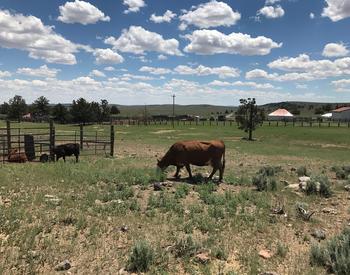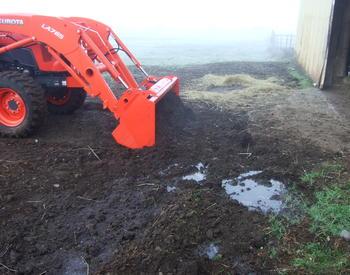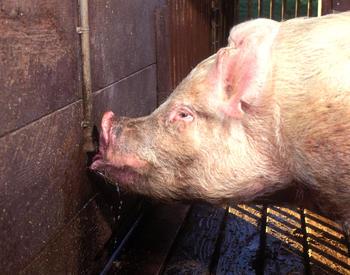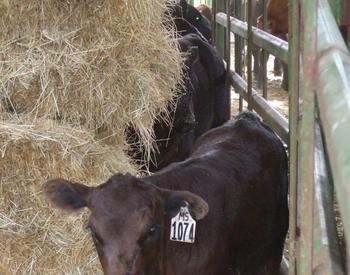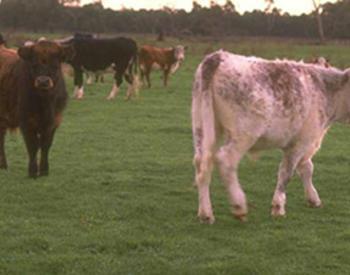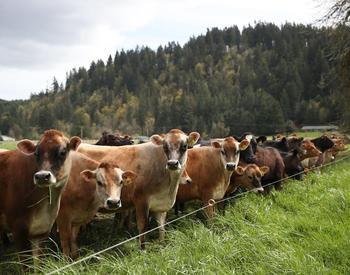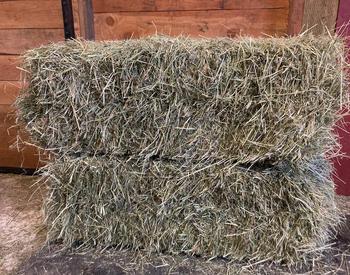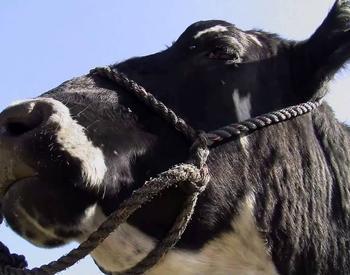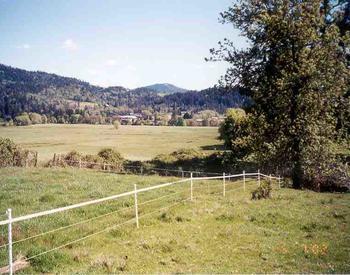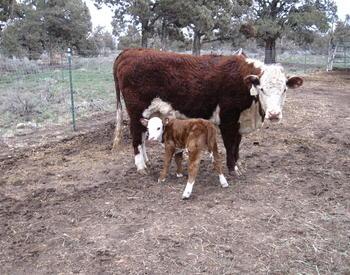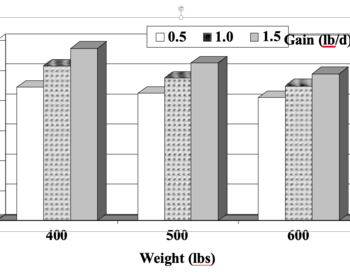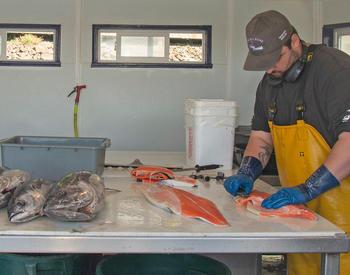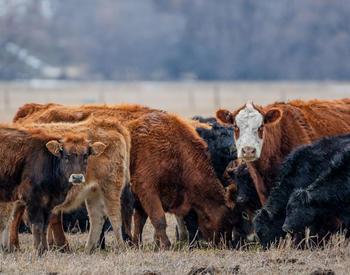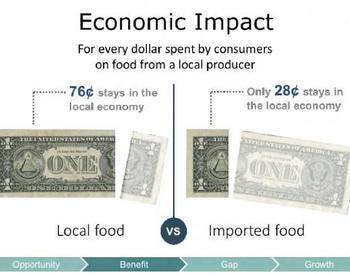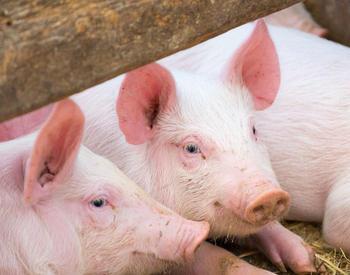CORVALLIS, Ore. – Rebecca Thistlethwaite came away inspired after speaking at the Oregon State University Extension Grass-fed Meat School in Central Point two years ago. She was determined to spread the knowledge throughout the state.
It just so happened Thistlethwaite, director of the OSU Extension Niche Meat Processor Assistance Network, was collaborating with Colorado State University on a project to survey meat processors.
“I told them we did this school about direct-marketing meat in Oregon and it was really well-received, so how about we bring it to Colorado,” Thistlethwaite said. “They agreed, so we developed curriculum and facilitated the classes in three locations and we did it online, also.”
That set her on the path. Now, not only do Oregon and Colorado have meat schools, but grants have allowed Thistlethwaite and her collaborators to spread the course to Montana, Wyoming and New Mexico. Last year’s pilot in Colorado had presenters online so they had the opportunity to test run a hybrid class. At this year’s Western Meat School people can take classes online or in-person with masks and personal distancing in place. A day before registration closed, 500 people had signed up for the 2020 Western Meat School. Last year, 50 people attended
“We got a Western Extension Risk Management Education grant to work with five states,” she said. “So, we took it across the West. We figured out how to do an online school and it has turned out better because so many people can attend online. This hybrid course will reach you where you are.”
Western Meat School, which runs for six weeks in November and December, will cover key topics in production, processing and marketing to produce high-quality meat and sell to diverse market channels. The expectation is that participants learn new ways to manage risk and improve profitability.
“I really hope that they will understand the importance of differentiating themselves,” Thistlethwaite said. “I want to see them diversify their enterprises and take more ownership over marketing so they become more of price makers rather than price takers and build long-term, sustainable businesses.”
The six-week course will be held on Wednesday evenings and is largely targeted to farmers, ranchers, meat processors and butchers with at least a couple of years of experience. Thistlethwaite points to livestock producers who want to do something different as good candidates for the course. One example would be a meat co-op where several ranchers with cattle of the same genetics and raised to certain standards work together. Or ranchers who want to sell meat under their own brand rather than through the large packers.
At last year’s event, one participant wrote, "Outstanding use of my time and a rich learning experience. It was very targeted to the pressing questions and needs of my small, growing grass-fed beef finishing and direct marketing operation. I was very impressed by the caliber of speakers/presenters. They were obviously people who had direct, lived, relevant expertise.”
With 21 presenters, the lineup reaches a high bar, Thistlethwaite said. One speaker is Manny Encinias, a fifth-generation beef rancher who is an animal science professor at Mesalands Community College in New Mexico, one of the sites for in-person classes. He is a former Extension beef specialist at New Mexico State University and raises and direct markets his grass-fed cattle under the brand Trilogy Beef.
“He’s amazing,” Thistlethwaite said. “He probably doesn’t get any sleep he’s wearing so many hats.”
As COVID-19 started affecting Indigenous populations in New Mexico, Encinias began sending beef to the reservations, where it was in short supply. He sells it at cost, and now he’s helping to teach them how to start their own grass-fed beef businesses.
Thistlethwaite also snagged Ben Meyer, who owns Revel Meats in Canby. Meyer, who founded well-regarded Portland restaurants Ned Ludd, Grain & Gristle and Old Salt Marketplace, taught classes in butchery, charcuterie and cooking. In 2016 Ben and his partner James Serlin had the opportunity to take over a USDA meat plant. They have worked to update the plant, built in 1963, and retool all of the processes, modernized packaging and processing in order to competitively sell local meat throughout the Pacific Northwest
There are 19 other speakers, including Thistlethwaite.
